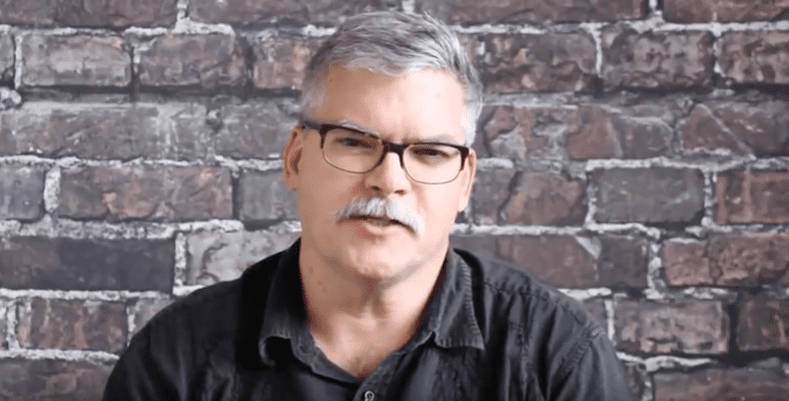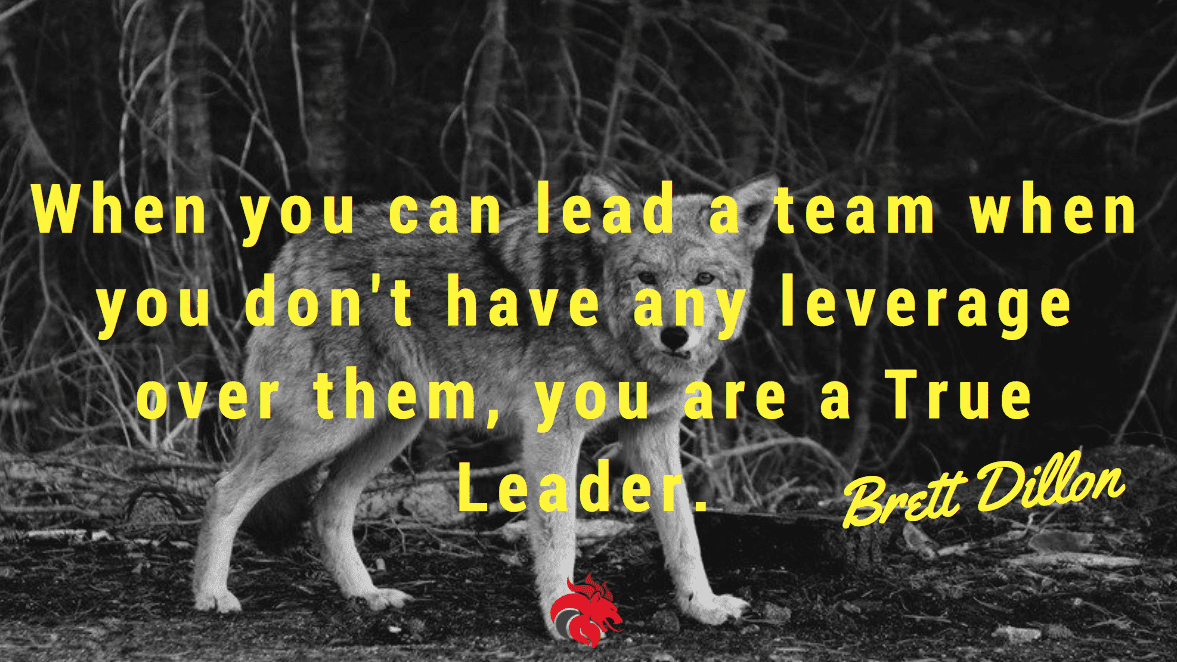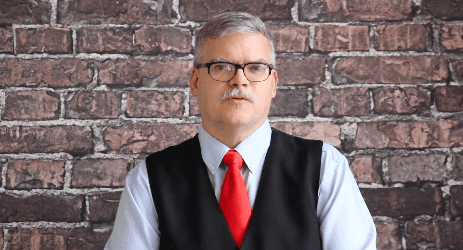Tag Archive for: Optimal Human Experience

Get Good to Earn Trust
It’s important that you are able to develop trust with…

How to Have the Courage for Personal Growth
Why is a Personal Growth Plan Scary?
Most people don’t have…

How to Develop Leadership Through Influence
“Leadership is influence—nothing more, nothing less.”
John…

How Does the Coaching Process Solve Your Problems?
Before I tell you how the coaching process can solve your…

Attitude Influences Actions
https://youtu.be/3ZOjAYxQRuU
Your attitude is probably the…
